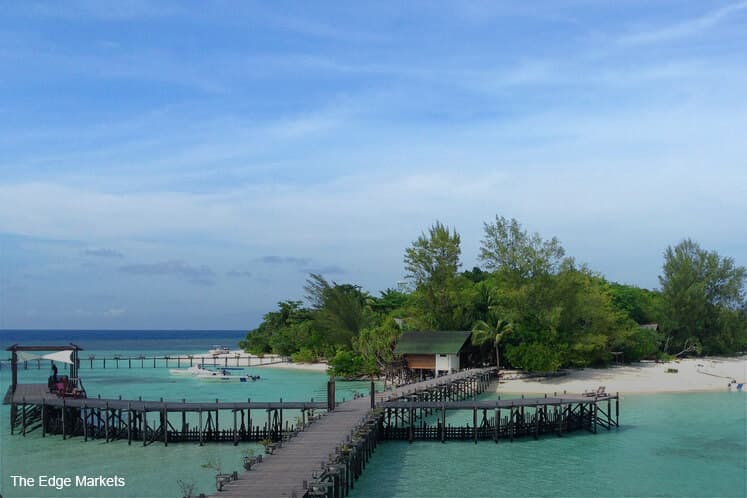
This article first appeared in The Edge Financial Daily on June 8, 2017
KUALA LUMPUR: A think tank yesterday warned that Malaysia’s tourism tax could have a negative impact on hotel operators, a day after the Royal Malaysian Customs Department published details of the tax on its website.
The implementation of the tax will begin on Aug 1, with registration of operators of accommodation premises to start on July 1.
The Institute for Democracy and Economic Affairs (Ideas) said the timing of the tax is inopportune, given that the tourism industry in Malaysia is picking up and inflation in the country is high.
“The tourism tax will only serve to increase costs for tourists and in fact, experience in countries like Tanzania shows how sensitive tourists are to changes in prices,” said Ideas director of research Ali Salman.
Ali said the government should review its regulatory measures to make it easier for hoteliers to comply with regulations.
“For example, there is currently duplication in the tourism industry where there is a tourism agency at both the federal and state levels,” he said in a statement.
He added that reducing the bureaucracy would reduce the cost of compliance, increase efficiency and help the tourism industry become more competitive.
“If the ministry of tourism’s target for the year is to increase tourist arrivals from 26.8 million to 31.8 million, then the government needs to be realistic and should not introduce the tax at this delicate time.
“We are becoming concerned about the recent spate of taxes and regulations on businesses. Earlier this year, the government imposed price control measures on household goods and food and beverages for an indefinite period of time.
“Now, they are also taxing the tourism industry. These additional burdens will only add to unnecessary business costs. Instead, the government needs to take a step back and revise regulations to make it simpler,” said Ali.
The tax, which is to be charged at a specific rate on a tourist staying at any accommodation premises provided by an operator, will be regulated by the finance ministry and customs.
The rates go by a per-room-per-night basis, and range from RM5 per room per night for one- to three-star accommodation, RM10 per night for four-star accommodation and RM20 per night for five-star accommodation.
Homestays and “kampungstays” registered with the ministry of tourism and culture are among the establishments exempted from the tax.
The tourism tax bill was passed in Parliament on April 6.
In an April 8 report, CIMB Research said the tax could have a negative impact on the hotel industry in Malaysia.
“We are of the view that this is negative for the hotel industry in Malaysia, as it may lead to an uneven playing field between licensed and unlicensed hotel operators, as the latter are not regulated.
“On top of this, hoteliers may not be able to pass on all the additional tax to tourists as the hotel occupancy rate in the country was only 61.9% in 2015,” the firm said.
CIMB Research said corporations — such as KLCC Property Holdings Bhd which owns the five-star Mandarin Oriental Kuala Lumpur, Sunway Real Estate Investment Trust which owns five hotels, and Genting Malaysia Bhd which currently has seven hotels under its belt — could be negatively impacted should they not be able to pass on the additional tourism tax.
However, the firm said the impact would be minimal on these players.
“Our estimates reveal that the potential earnings impact from this development is minimal at only 1% to 2% of forecast net profit for 2018,” it said.